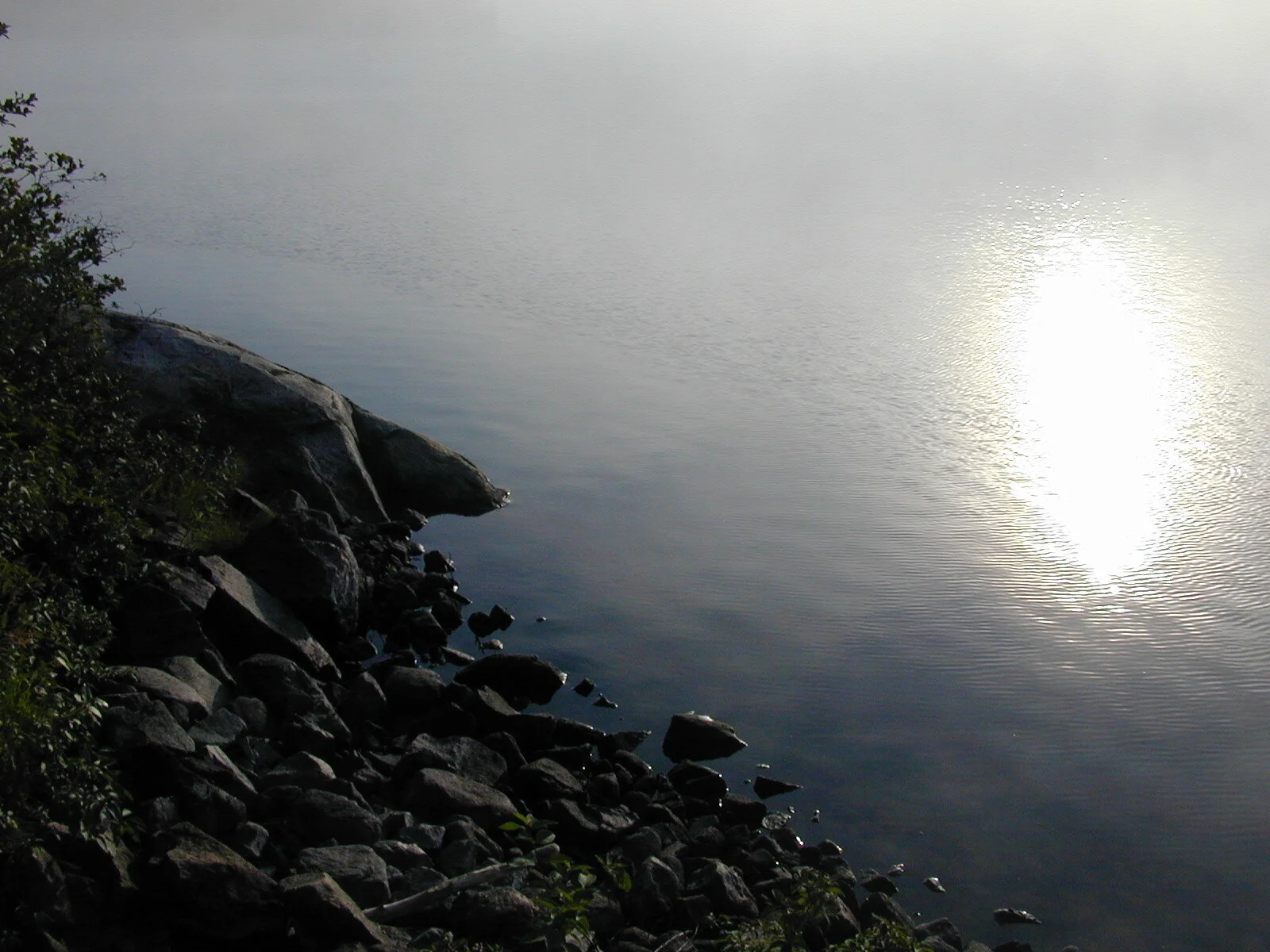I hear the deer breathing. And the crunching of the grain in their mouth as they sift through the leaves for acorns and corn. They are close. They are just under me. I could drop an acorn and hit a fawn in the head. For many hunters this is an opportunity to draw the bow and release the arrow. But not today. Not for me. Today I’m enjoying the closeness to the rest of nature and to other animals. Moments like this are rare in our current world with its ubiquitous noise. In fact, I can hear the vehicles on the Texas highway behind me; but the deer are so close that I can hear them breathing. I admire those who have moved technology forward and who have created firearms, ammunition, and optics that enable hunters to accurately hit targets so far removed that my eyes can’t even find them—but there’s something missing in the process. The missing element is the closeness to “Nature,” that inescapable process of consuming and being consumed. “Progressive” pundits and even earnest edifiers deny that humans are predators. Yet we are predators—but predators with choice, predators with conscience, predators with a will. I cannot say for certain that other predators don’t have a will and don’t make choices, but I know that we humans have both will and choice and thus also perhaps a weight of glory. My observations of those predators that share my home as well as those that share the outdoors make me think that, in fact, many of them choose as well. But we, human predators, bipedal predators, spiritual predators, have choices to make with the knowledge that they affect others.
So often it seems that “ethics” are reduced to how we treat other humans, but even Jesus recognized the vital interaction between humans and nature. He did curse and presumably kill the fig tree. He accepted that sparrows fall to market hunters and he acknowledged that God saw this predation and did not stop it. The divine did not save the prey. Jesus encouraged or even enabled the fishermen to catch fish that would be sold in the marketplace and consumed by humans—essentially, he enabled capitalistic aquatic hunters. Perhaps he even cooked fish for his friends. Jesus may have calmed the winds and the waves, but he went off into the “wilderness,” into darkness, into the “other,” into nature. It seems that it was in the solitude, in the absence of human interaction, that he found answers.
I fear that the next generations will be ignorant of quiet and solitude away from humans and in nature. The technological silencing of noise is not solitude. I hear of people traveling to a monastery or retreat where they enjoyed domesticated nature and are still surrounded by humans, schedules, watches, and the inevitable return to noisy everyday life—and the bill for their “escape.” We are constantly bombarded by vibrating watches, by phones, by television, satellite radio, or just simply the dull roar of civilization and its domestication of the world and us. It is moments … I hear the deer breathing. The rhythmic reminder, just for a moment, of something that used to be, of who I could be, that I have choices, that I am blessed, that I will die just like the animals below me whose fate, perhaps, I hold for just a moment. But today, at least, we both will live.
Copyright © by Bracy V. Hill II – All rights reserved



